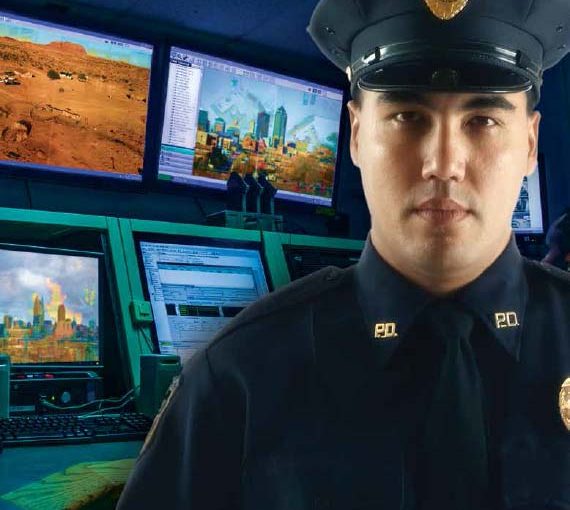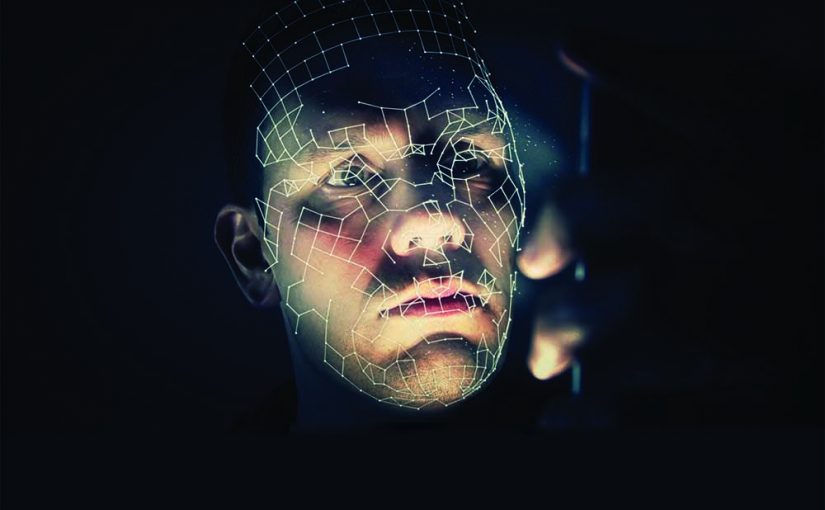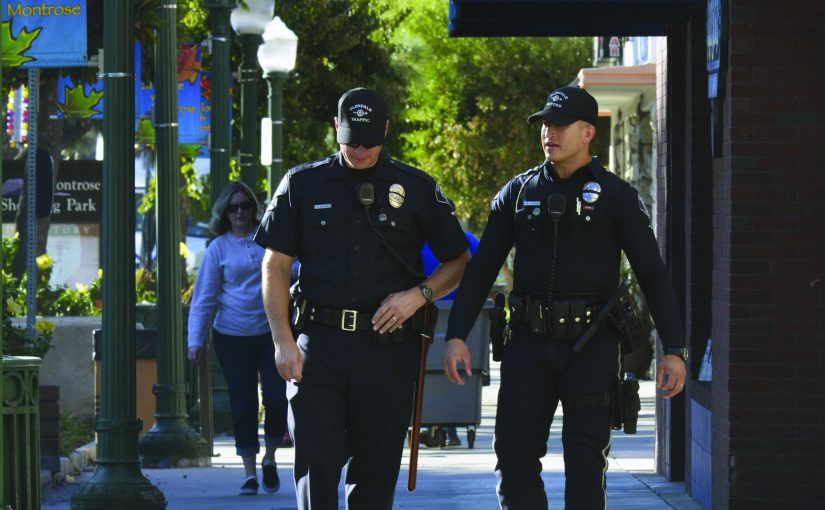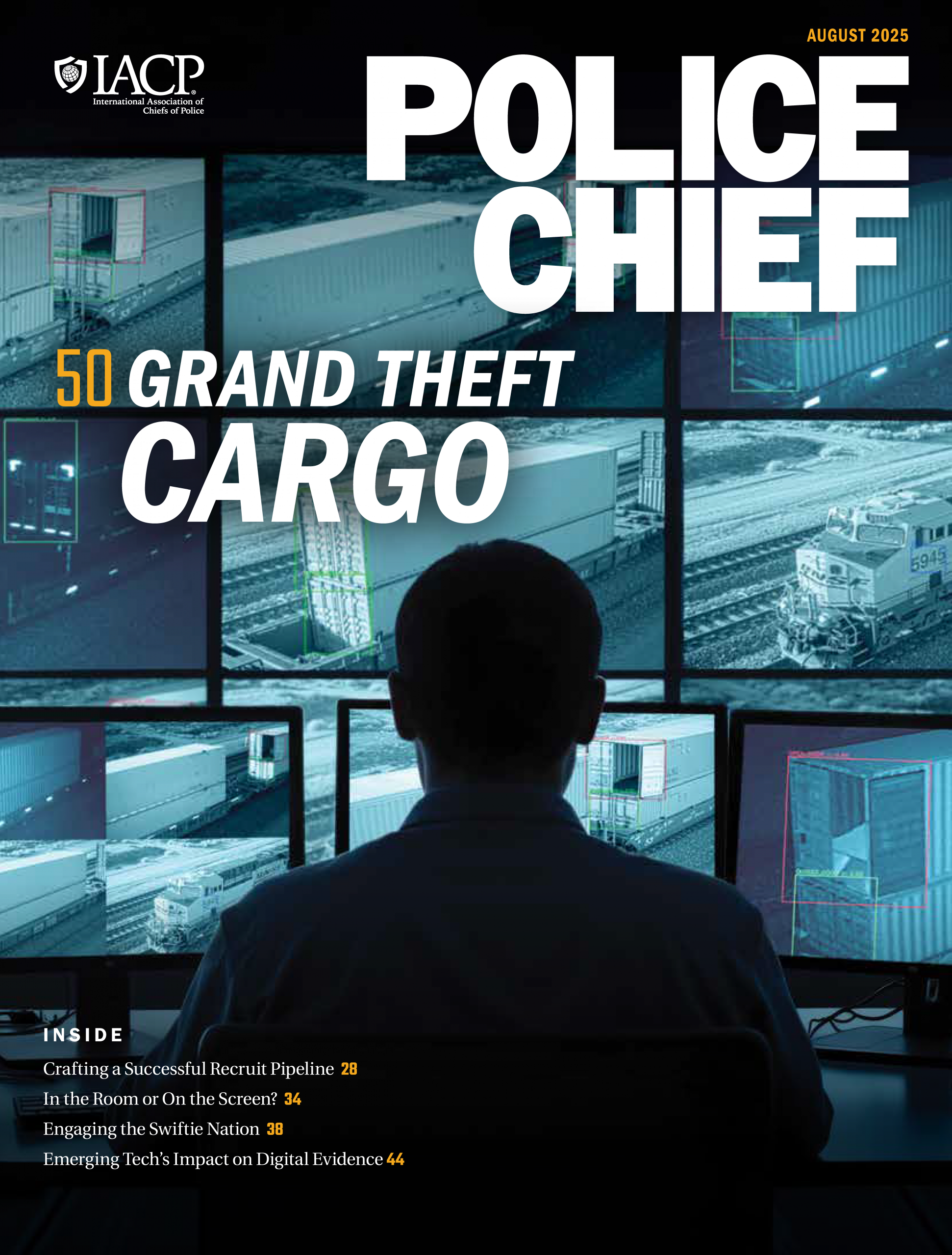
Share
The National Incident-Based Reporting System (NIBRS) is the modern system for U.S.-wide collection of crime data by the Federal Bureau of Investigation (FBI). NIBRS contains structured information abo...

Share
Often, law enforcement officials don’t realize that there are 566 federally recognized tribes in the United States, whose respective tribal communities and lands span more than 60 million acres acr...

Share
Thousands of U.S. law enforcement agencies participate in the FBI’s Uniform Crime Reporting (UCR) Program via the National Incident-Based Reporting System (NIBRS), but many agencies still use the Su...

Share
Usually, major sporting events occur without incident—and that’s no accident. Security for these events tends to involve long-range planning by a wide array of agencies working together to provide...

Share
Famous author and humorist Mark Twain apocryphally said, “If you tell the truth, you don’t have to remember anything.” Today, he might have added that if your words don’t speak the truth, then...

Share
Police officer deaths and early retirements due to health reasons can be devastating for families, organizations, and communities. The Bureau of Labor Statistics lists law enforcement in the top 10 mo...

Share
The most important cases that a law enforcement agency can investigate might well be those involving the sexual abuse or exploitation of a child. Internet crimes against children have exploded over th...

Share
On January 1, 2021, the Federal Bureau of Investigation (FBI) will retire the Summary Reporting System (SRS), the Uniform Crime Reporting (UCR) Program’s longtime crime data collection system. There...



